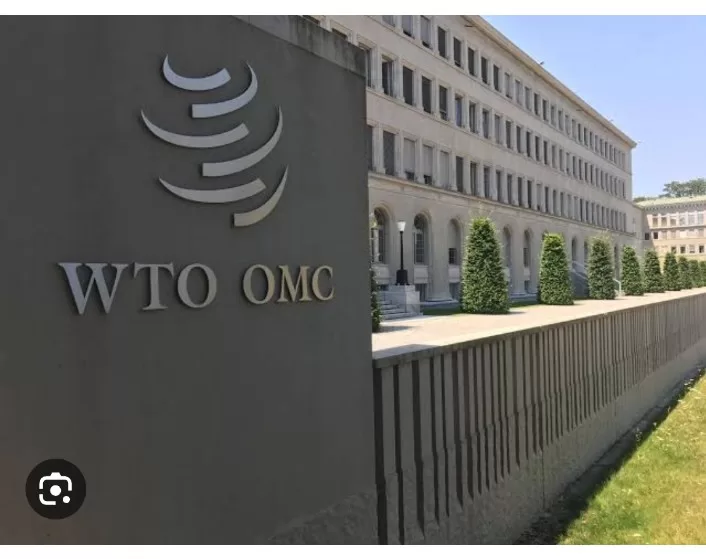The World Trade Organization (WTO) has raised concerns over the increasing fragmentation in international trade, highlighting a more than ninefold surge in the number of trade issues raised at the Council for Trade in Goods over the past six years. Such concerns expressed in WTO committees often serve as early indicators of potential trade disputes.
The primary concerns identified by member nations include unilateral environmental measures, such as Indonesia’s export restrictions on raw materials, China’s export limitations on gallium and germanium, the European Union’s Carbon Border Adjustment Mechanism (CBAM), and other EU Green Deal measures, along with the US Inflation Reduction Act (IRA).
WTO has cautioned that the use of unilateral trade policies could trigger a cycle of retaliatory actions, ultimately leading to a more fragmented world economy dominated by regional trade blocs. Reversing such a development could prove to be a challenging endeavor.
According to WTO, there has been a significant increase, ninefold, in the number of trade concerns raised at the Council for Trade in Goods between 2015 and 2022, mirroring the trend observed in technical committees.
The report acknowledges the rapid expansion of trade in digital services and environmental goods. However, it also points out that further unilateral measures have the potential to fragment the global economy. To address current global challenges related to security, poverty, and climate change, the report suggests a renewed push towards integration, often referred to as “re-globalization.”
WTO also touches upon the growing skepticism surrounding globalization’s progress. Discussions on the stagnation or decline of international trade’s role in the global economy have arisen due to new industrial strategies, constraints on expanding global supply chains, and increasing geopolitical tensions.
Efforts to bring manufacturing production closer to large markets (near-shoring) or strengthen production networks with like-minded countries (friend-shoring) could lead to the fragmentation of the global economy along regional and geopolitical lines, as per the report’s analysis.




